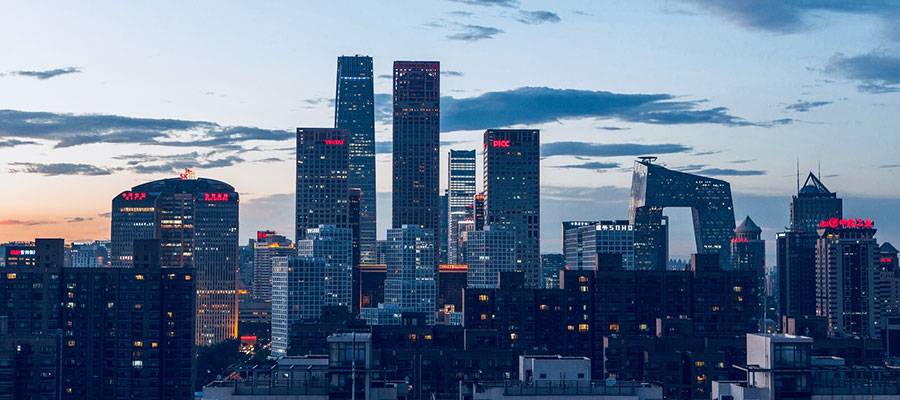Geoklock takes part in event on soil cleanup in China

Soil quality has deteriorated significantly over the past years in a large part of China. This affects human health, the safety of agricultural produce and the environment. Now China plans to make 90% of the country’s impacted arable land safe by 2020 and to increase that number to 95% by 2030. Based on the most recent data from the Chinese Ministry of Environmental Protection and the Chinese Ministry of Land and Resources, approximately 16.1% of the land assessed in China is impacted with heavy metals such as cadmium, arsenic, lead and mercury. The Chinese government has been investing and seeking advice from experts from all over the world in order to address this problem.
Norbert Brandsch is the Client Development director of Swiss-Brazilian company Geoklock Consultoria e Engenharia Ambiental. He is currently in Beijing, where he gave lectured about the issue on June 8 and 9. “The purpose of this event is to find alternatives to clean up the soil, making it once again suitable for agriculture and other uses. We will discuss and show alternatives for the investigation of environmental liabilities using high-resolution equipment,” said Brandsch.
According to him, Geoklock uses state-of-the-art equipment capable of quickly and precisely assessing soil contamination. Geoklock has a strong presence on the Brazilian and international market, with almost 40 years of experience, and is a known leader in this business.
Brandsch intends to present study cases that show that such equipment can be used in various situations: during cleanup preparations and during or after the remediation of impacted soil. “Each dollar that one chooses not to invest in this type of technology will later result in several dollars spent in the remediation phase,” he affirms.
According to Brandsch, soil pollution in China is particularly serious in three large industrial areas: a former industrial area in the northeast section of the country; the Yangtze River delta; and the Pearl River delta. Additionally, soil quality in some regions of China has suffered impacts associated with exposure to industrial development and toxic emissions. Furthermore, 19.4% or the arable lands assessed had pollution levels in exceedance of the national standards, according to Environmental Protection Minister Chen Jining. That means that approximately 3.33 million hectares of arable land are not suitable for cultivation. Last year, the central government budgeted 2.8 billion yuans (430 million dollars) for pollution prevention and cleanup projects in 30 cities.
The government is implementing the Soil Pollution Action Plan after the Soil Pollution Prevention and Control Action Plan, which was published by the Chinese State Council on May 31, 2016. The plan establishes significant requirements. In June 2017, the Chinese government started writing the Soil Pollution Prevention law, which was open for a second public consultation late in January 2018. The regulation and the laws should be published until the end of 2018. This is a huge step forward for soil cleanup in China, and will result in a better regulated market and in more business opportunities, due to more compliance. EBP, the company that controls Geoklock, will certainly also step forward into this gigantic potential Chinese market.
Image: Beijing, by 郭友柏 [CC BY-SA 4.0 ], from Wikimedia Commons